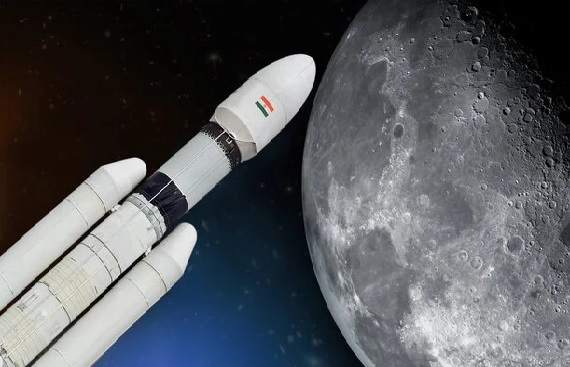AICTE Launches Comprehensive Space Technology Curriculum to Address Workforce Demand
By
siliconindia | Tuesday, 10 September 2024, 05:15 Hrs

The All India Council for Technical Education (AICTE) has launched a model curriculum for a minor degree in space technology, responding to the growing demand for skilled manpower in India's rapidly expanding space sector. The success of ISRO's Chandrayaan-3 mission and the increasing focus on space commerce have driven the need for more workforce training. Developed in collaboration with the Indian National Space Promotion and Authorization Center (IN-SPACe), the curriculum aims to equip undergraduate students with the knowledge and skills required for various roles in the space industry.
The curriculum includes six courses, covering a wide range of topics such as space technology fundamentals, launch vehicle systems and technologies, spaceflight mechanics, spacecraft systems, space data products and services, and the economics, laws, and policies governing space. It offers a multidisciplinary approach, allowing students from traditional engineering disciplines to gain a deeper understanding of the space industry. By doing so, AICTE aims to improve students’ employability in various sectors, including space data analytics, market research, and space operations.
India’s space sector has become a focal point for global commerce. In 2020, the sector was valued at $9.6 billion, contributing about 2% to the global space economy. The Confederation of Indian Industry (CII) projects that this figure will grow to $13 billion by 2025. As India continues to develop its capabilities in space exploration, there is a rising need for technical expertise to meet the sector’s demands. AICTE's model curriculum is intended to address this growing gap and provide students with the tools they need to succeed in a competitive global environment.
Abhay Jere, Vice Chairman of AICTE, emphasized the importance of this initiative. He noted that India’s increasing focus on space technology requires a workforce with specialized technical skills, and the new curriculum will help meet this demand. "The curriculum will allow students from various engineering backgrounds to acquire a broad understanding of space technology. A BTech student with knowledge of space data analytics, for example, would be well-suited for roles in space market research", Jere explained. This multidisciplinary approach is expected to give students a competitive edge in both the public and private sectors.
Currently, few institutions in India offer specialized courses in space technology. IIT Madras and IIT Bombay have introductory courses, while IIT Roorkee offers a master’s degree in the field. IIT Indore offers a bachelor's program in space technology, and the Indian Institute of Space Science and Technology (IIST) provides both bachelor's and master’s degrees. However, the AICTE’s model curriculum is expected to be a significant step towards expanding educational opportunities in space technology. Talks are underway with various AICTE-approved institutions to adopt the curriculum, and depending on faculty availability and student interest, AICTE plans to introduce a full-fledged major degree in space technology in the future.
The private sector also presents significant opportunities for students trained in space technology. The Indian Space Policy 2023 has opened up the space industry to private companies, leading to a surge in startups and job opportunities. According to the Indian Space Association (ISPA), there were 204 space startups in India by 2023, up from just one in 2014. IN-SPACe has formed the National Committee for Adoption of Space Technology Education, which is focused on developing and introducing space-related curricula and skills courses to prepare students for careers in the private sector.
Amit Thakur, a member of the National Committee for Adoption of Space Technology Education and head of the Department of Aerospace Engineering at Lovely Professional University (LPU), said that the AICTE’s model curriculum would help students gain practical skills in addition to theoretical knowledge. "The curriculum assigns 22 credits to space technology, compared to only 2-4 credits offered by other institutions. This makes it one of the most comprehensive space technology courses available, with a strong focus on weekly practical sessions", Thakur explained. LPU plans to align its own space curriculum with the model developed by AICTE, further enhancing the learning experience for its students.
The AICTE’s launch of a space technology curriculum marks a significant milestone in India’s efforts to become a global leader in the space industry. By providing students with the necessary skills and knowledge, this initiative aims to address the manpower challenges in the sector and create new opportunities for India's aspiring space professionals.
